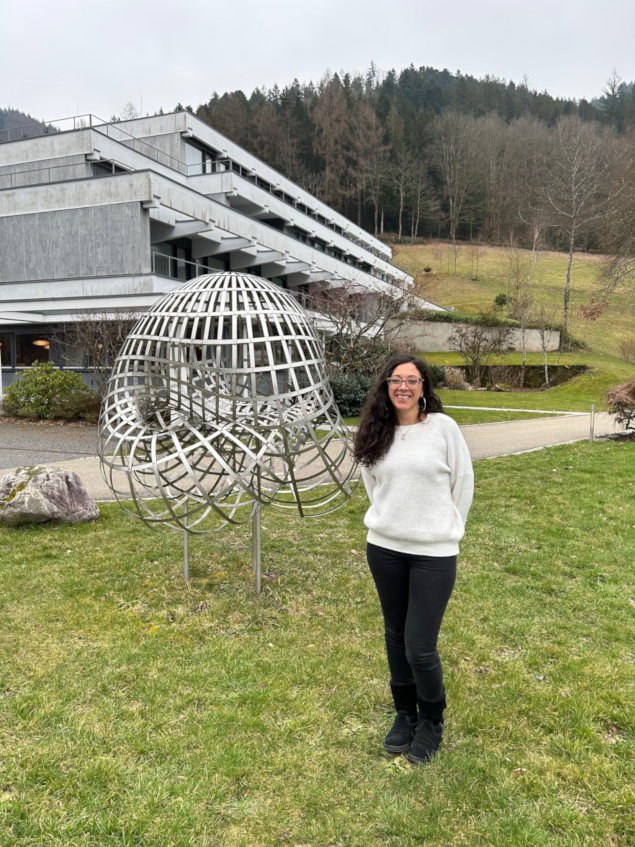Keep an eye on
Mark your calendars for December 16th-19th!
I’m co-organising with J. Faria Martins (University of Leeds), F. Torzewska (University of Bristol), and M. Szymik (University of Sheffield) a conference on Biracks and Biquandles.
Check out our list of confirmed speakers —— you won’t want to miss them!
Good news for PhD students and early-career researchers: we have limited funding available to support your participation. Be sure to apply by September 30, 2024.
Click here for more information.
About me
I am currently a lecturer at the University of Leeds. Before this, I was a postdoctoral research fellow at the University of Exeter (UK), working on the EPSRC project: Hopf-Galois Theory and Skew Braces (PI: Prof. N. Byott).
Previously, I was a postdoctoral researcher at the Vrije Universiteit Brussel (VUB) in the group ALGB: Algebra, Incidence Geometry (Group and Semigroup Theory) headed by Prof. E. Jespers.
I completed my PhD in 2017 at the University of Salento under the supervision of Prof. F. Catino. During my PhD, I was a visiting PhD student at the University of Warsaw in the group of Algebra and Number Theory headed by Prof. J. Okniński.
My PhD thesis focuses on studying a novel algebraic structure, namely semi-brace, and its connection with set-theoretical solutions of the Yang-Baxter equation.
My research interest focuses on studying algebraic structures associated with discrete versions of some equations in mathematical physics, such as the Yang-Baxter equation and the Pentagon equation. I am mainly interested in algebraic structures such as skew braces, trusses and generalisations that organise, classify and help to find solutions of the Yang-Baxter equation and the Pentagon equation with given properties.
News
3 June, 2024New preprint on arxiv: Bijective solutions to the Pentagon Equation.
25 April, 2024New preprint on arxiv: Skew bracoids and the Yang-Baxter equation.
2 April, 2024I'm thrilled to share that in June 2024, I'll be starting as a Lecturer in Pure Mathematics at the University of Leeds (UK). I can't wait to embark on this exciting new journey!
... see all News
Research Interests
Set–theoretical solutions of the Yang–Baxter equation
Skew braces, trusses and generalisations
Regular subgroups of the holomorph
Hopf–Galois extensions
Set–theoretical solutions of the pentagon equation



